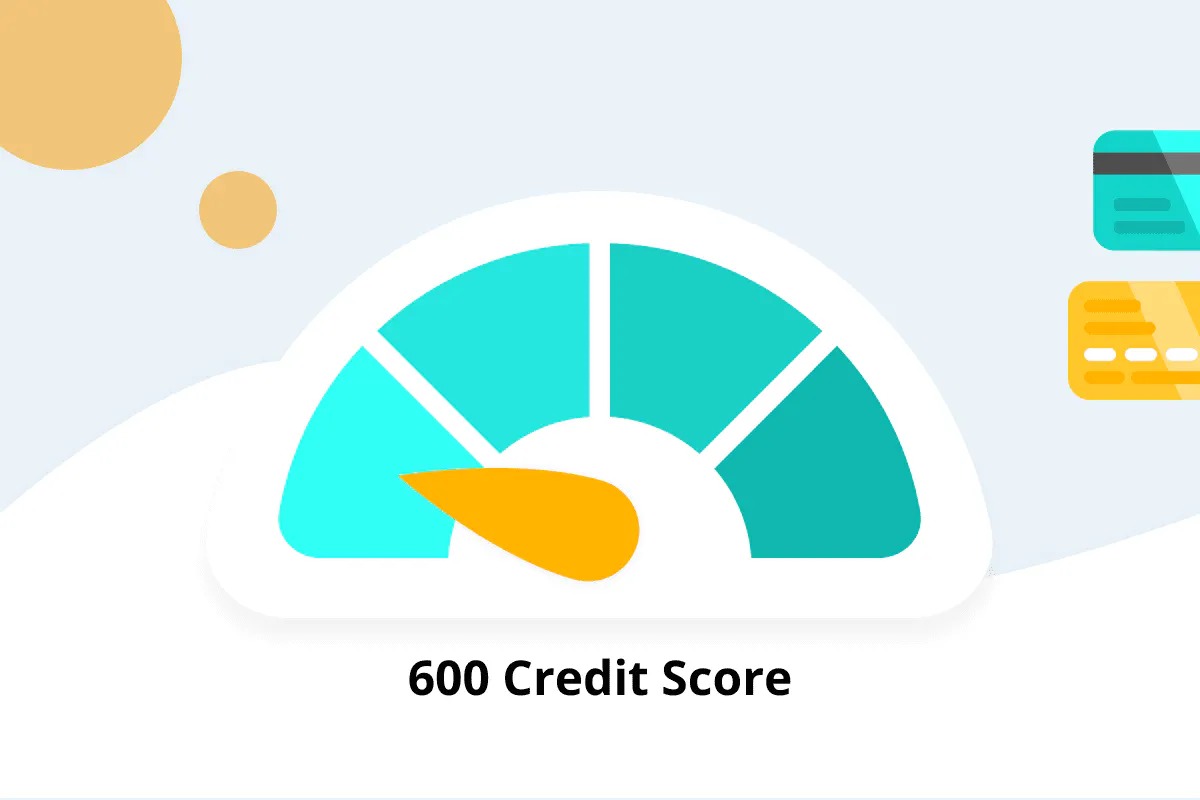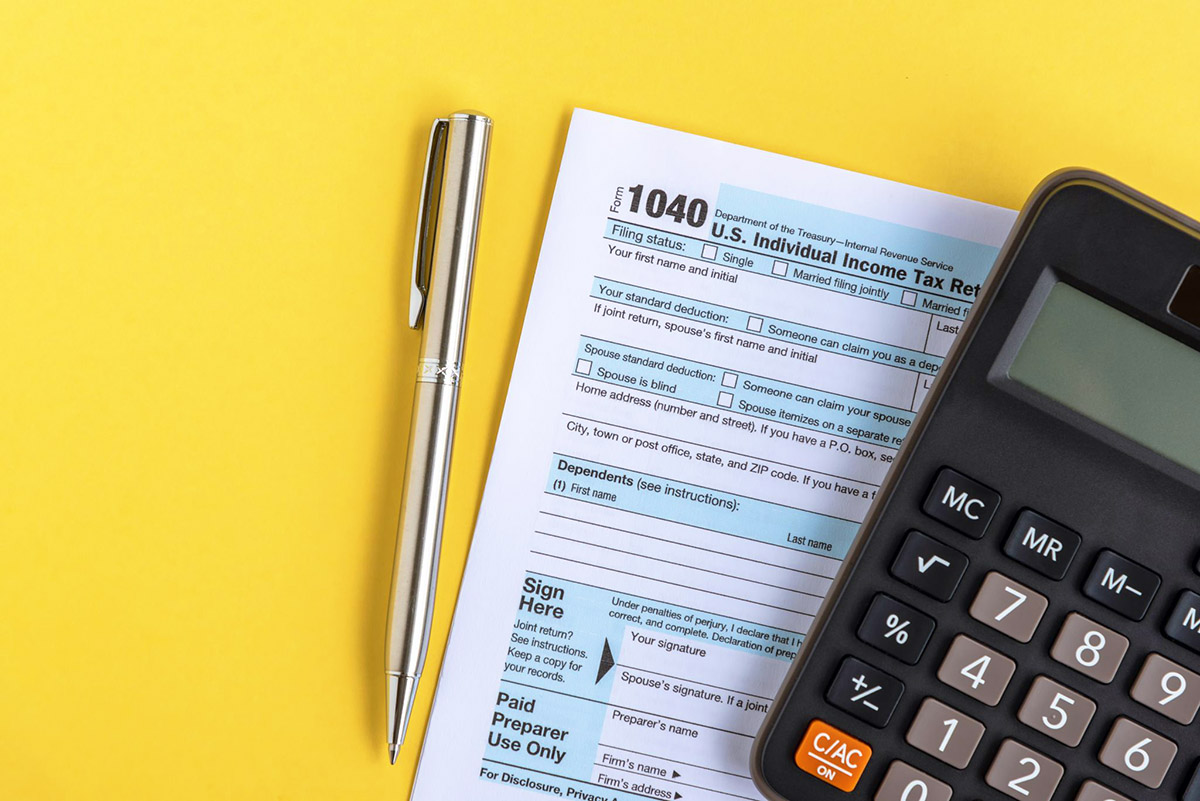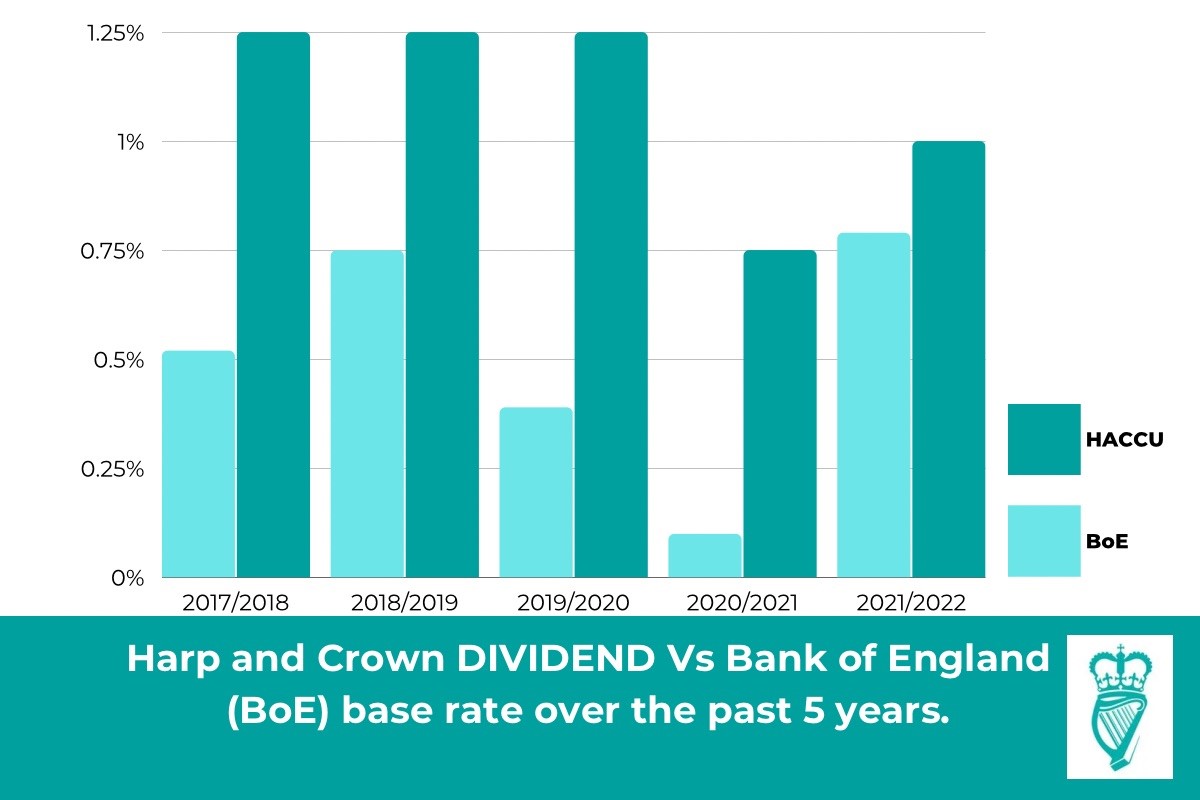

Finance
What Does A Credit Score Of 600 Mean
Modified: March 6, 2024
Learn what a credit score of 600 means and how it can impact your financial well-being. Gain insights into managing your finances effectively
(Many of the links in this article redirect to a specific reviewed product. Your purchase of these products through affiliate links helps to generate commission for LiveWell, at no extra cost. Learn more)
Table of Contents
Introduction
When it comes to managing personal finances, having a good credit score is essential. Your credit score is a numerical representation of your creditworthiness and plays a critical role in determining your eligibility for loans, credit cards, and other financial opportunities. One common credit score range that many people find themselves in is a credit score of 600.
In this article, we will delve into what a credit score of 600 means and its implications. We will also explore the factors that can affect a credit score of 600 and provide tips on how to improve it.
Understanding credit scores is crucial as they can significantly impact your financial future. A credit score of 600 can have both positive and negative outcomes, depending on how it is interpreted by lenders and other financial institutions.
So, let’s dive into the world of credit scores and gain a deeper understanding of what a credit score of 600 entails.
What is a Credit Score?
A credit score is a three-digit number that represents an individual’s creditworthiness. It is a numerical assessment of a person’s credit history and helps lenders evaluate the risk of lending money to them. Credit scores are commonly used by banks, credit card companies, and other financial institutions to determine whether to approve loan applications and set interest rates.
The most commonly used credit scoring model is the FICO score, which ranges from 300 to 850. The higher the score, the better the individual’s creditworthiness. The score is calculated based on several factors, including payment history, credit utilization, length of credit history, types of credit used, and new credit applications.
A credit score of 600 falls within the fair credit range, which typically extends from 580 to 669. While it is not a high score, it is also not a poor score. It indicates that the individual has a somewhat average credit history and may have some areas for improvement.
It’s important to note that credit scores can vary slightly depending on the credit reporting agency and the specific scoring model used. However, the general principles and factors considered in calculating credit scores remain relatively consistent.
Now that we have a basic understanding of what a credit score is, let’s explore why credit scores are important in the next section.
Importance of Credit Scores
Credit scores play a vital role in financial decision-making and can have a significant impact on your financial future. Here are some key reasons why credit scores are important:
- Loan Eligibility: Lenders use credit scores to evaluate loan applications. A higher credit score increases your chances of being approved for loans, including mortgages, car loans, and personal loans. It also gives you leverage to negotiate better interest rates and terms.
- Interest Rates: Your credit score influences the interest rate you are offered on loans and credit cards. With a good credit score, you are more likely to receive favorable interest rates, which can save you a significant amount of money over time.
- Credit Card Approval: Credit card companies use credit scores to determine whether to approve applications and set credit limits. A higher credit score opens doors to a wider range of credit card options and better rewards programs.
- Rental Opportunities: Landlords often check credit scores when screening potential tenants. A good credit score demonstrates financial responsibility and increases your chances of securing a desirable rental property.
- Insurance Premiums: Some insurance companies consider credit scores when determining insurance premiums. A higher credit score can result in lower premiums for auto, home, or renters insurance policies.
- Job Prospects: Certain employers may review credit scores as part of their hiring process, particularly for positions that involve financial responsibilities. A lower credit score could potentially impact your job prospects in these industries.
Overall, maintaining a good credit score is essential for achieving financial goals and establishing a solid foundation for future financial success. Now that we understand the importance of credit scores, let’s explore the specific credit score range of 600 in the next section.
Credit Score Ranges
Credit scores are typically divided into different ranges to provide a general understanding of an individual’s creditworthiness. While specific ranges may vary slightly depending on the credit reporting agency or scoring model, the following are commonly recognized credit score ranges:
- Excellent (800-850): Individuals in this range have an exceptional credit history and are likely to receive the best interest rates and loan terms available. Lenders consider them low-risk borrowers.
- Very Good (740-799): Those in this range have a strong credit history and can expect favorable loan terms. They are viewed as responsible borrowers.
- Good (670-739): This range represents a solid credit history. Borrowers with scores in this range are generally granted loans and credit cards, but may not qualify for the most competitive rates.
- Fair (580-669): A credit score of 600 falls within this range. While individuals in this range may face some difficulty in obtaining credit, they are still considered somewhat creditworthy.
- Poor (300-579): Individuals with scores in this range may find it challenging to obtain credit and are likely to face higher interest rates and more limited options.
It’s important to note that these ranges are not set in stone, and each lender may have slightly different criteria for evaluating creditworthiness. Additionally, lenders may consider other factors alongside credit scores, such as income and employment history, when making lending decisions.
Now that we have a general understanding of credit score ranges, let’s dive into what a credit score of 600 means and how it can impact an individual’s financial situation in the next section.
Understanding a Credit Score of 600
A credit score of 600 falls within the fair credit range, indicating an average credit history. While it is not a high score, it is also not a poor score. Here are a few key points to consider when it comes to understanding a credit score of 600:
- Creditworthiness: A credit score of 600 suggests that you may be considered a somewhat creditworthy borrower. It signifies that you have a fair credit history, but there is room for improvement to increase your creditworthiness.
- Limited Credit Options: With a credit score of 600, you may have more limited options when it comes to credit cards, loans, and other financial opportunities. You might encounter higher interest rates and less favorable terms compared to individuals with higher credit scores.
- Higher Risk Perception: Lenders and financial institutions view individuals with credit scores of 600 as relatively higher risk borrowers compared to those with excellent or very good credit scores. As a result, they may be more cautious in extending credit or offering favorable terms.
- Approval Challenges: While you may still be able to secure loans and credit cards with a credit score of 600, approval may not be as straightforward as it would be with a higher credit score. Lenders may scrutinize your financial history and income more closely when evaluating your application.
- Credit Score Improvement Potential: The upside of having a credit score of 600 is that there is room for improvement. By implementing responsible credit habits, you can gradually increase your credit score over time, expanding your financial opportunities.
It’s important to note that while a credit score of 600 may not provide access to the best loan terms or credit options, it does not mean your financial situation is hopeless. There are steps you can take to improve your credit score and enhance your creditworthiness, which we will explore in the later section of this article.
Now that we understand what a credit score of 600 signifies, let’s explore the factors that can affect your credit score in the next section.
Factors Affecting a Credit Score of 600
Several factors contribute to the calculation of a credit score, including payment history, credit utilization, length of credit history, types of credit used, and new credit applications. Let’s take a closer look at how these factors can impact a credit score of 600:
- Payment History: Payment history is one of the most crucial factors in determining a credit score. Making payments on time and avoiding late payments or defaults can positively impact your credit score. However, a history of missed or late payments can lower your score, especially if they are recent or frequent.
- Credit Utilization: Credit utilization refers to the percentage of available credit that you are currently using. A high credit utilization ratio can negatively impact your credit score. Ideally, you should aim to keep your credit utilization below 30% to maintain a healthy credit score.
- Length of Credit History: The length of your credit history plays a role in determining your credit score. Generally, a longer credit history demonstrates stability and responsibility in managing credit. If you have a relatively short credit history, it may affect your credit score, making it harder to achieve a higher score.
- Types of Credit Used: Credit mix refers to the various types of credit accounts you have, such as credit cards, loans, and mortgages. Having a diverse mix of credit can positively impact your credit score. However, using too many credit accounts or having too many new accounts can negatively affect your score.
- New Credit Applications: Applying for new credit can temporarily lower your credit score. Multiple credit inquiries within a short period can signal financial instability or desperation for credit. However, credit scoring models typically consider rate shopping for certain types of loans, such as auto and mortgage loans, as a single inquiry to minimize the impact on the credit score.
It’s essential to keep in mind that these factors are interconnected and can influence each other. For example, a missed payment can negatively impact your payment history, which, in turn, affects your credit score. Being aware of these factors can help you make informed decisions and take steps to improve your credit score.
Now that we have examined the factors that can affect a credit score of 600 let’s explore the implications of having this credit score range in the next section.
Implications of a Credit Score of 600
A credit score of 600 can have several implications for your financial life. While it may not be considered a high credit score, it doesn’t mean you are entirely restricted when it comes to accessing credit. Here are some implications to consider:
- Limited Loan Options: With a credit score of 600, you may face limitations in accessing certain types of loans or may be offered less favorable terms. Lenders may view you as a higher-risk borrower and adjust interest rates accordingly.
- Higher Interest Rates: A lower credit score can result in higher interest rates on loans, including mortgages, auto loans, and personal loans. It means you will end up paying more in interest over the life of the loan.
- Credit Card Limitations: Credit cards with favorable terms and higher credit limits may be harder to obtain with a credit score of 600. You may need to opt for credit cards with lower limits or secured credit cards to build or rebuild your credit.
- Difficulty in Renting: Some landlords and property management companies run credit checks on prospective tenants. With a credit score of 600, you may face challenges in renting a desirable property and may require additional documentation or a co-signer.
- Employment Considerations: Certain employers review credit scores as part of their hiring process, especially for positions involving financial responsibilities. A lower credit score may impact your chances of securing these job opportunities.
- Affected Insurance Premiums: Some insurance companies take credit scores into account when determining insurance premiums. A lower credit score could lead to higher premiums for auto, home, or renters insurance policies.
While a credit score of 600 may present some challenges, it’s important to remember that it is not a permanent situation. By adopting good financial habits, demonstrating responsible credit behavior, and prioritizing on-time payments, you can gradually improve your credit score over time.
Now that we understand the implications of a credit score of 600, let’s explore how you can work towards improving your credit score in the next section.
Improving a Credit Score of 600
If you have a credit score of 600, there are steps you can take to gradually improve your creditworthiness over time. Here are some strategies to consider:
- Pay Bills on Time: Make it a priority to pay all your bills on time, including credit card payments, loan installments, and utility bills. Late or missed payments can have a significant negative impact on your credit score.
- Reduce Credit Utilization: Aim to keep your credit card balances low and reduce your overall credit utilization. Paying off existing debts and maintaining a low credit utilization ratio can improve your credit score.
- Monitor Your Credit: Regularly monitor your credit report to ensure its accuracy and to identify any potential errors or discrepancies. Dispute any incorrect information and work on resolving any outstanding issues that may be impacting your credit score.
- Diversify Your Credit: If you primarily have credit cards, consider diversifying your credit mix. This could include responsibly managing installment loans, such as a car loan or a personal loan, to demonstrate your ability to handle various types of credit.
- Limit New Credit Applications: Avoid applying for multiple new credit accounts within a short period. Each credit application can result in a hard inquiry on your credit report, potentially lowering your credit score temporarily.
- Establish a Positive Credit History: If you have limited credit history, consider opening a secured credit card or becoming an authorized user on someone else’s credit card. These strategies can help establish or build your credit history over time.
- Practice Patience: Improving your credit score takes time and requires consistent effort. Be patient and commit to sound financial practices, and you will see gradual improvements in your credit score.
Remember, improving your credit score is a gradual process, and it’s essential to remain consistent and persistent in your efforts. By implementing these strategies and practicing responsible credit habits, you can work toward increasing your credit score and expanding your financial opportunities.
Before we conclude, let’s summarize the key points discussed in this article.
Conclusion
Your credit score is an important factor in your financial life, and a credit score of 600 can have implications for your borrowing opportunities and terms. While it may not be considered a high credit score, it is not a poor score either. With the right strategies and responsible credit habits, you can work towards improving your credit score over time.
Understanding the factors that impact your credit score, such as payment history, credit utilization, length of credit history, types of credit used, and new credit applications, can help you make informed decisions and take steps to improve your creditworthiness.
While a credit score of 600 may lead to some limitations and higher interest rates, it is essential to remember that it is not a permanent situation. By consistently paying bills on time, reducing credit utilization, monitoring your credit, diversifying your credit mix, and practicing patience, you can gradually improve your credit score.
Improving your credit score not only opens up better loan and credit card options but also has a positive impact on other aspects of your financial life, such as insurance premiums and rental opportunities. Take control of your credit health and work towards achieving a better credit score to pave the way for a more secure financial future.
Keep in mind that improving your credit score is a marathon, not a sprint. It takes time and commitment, but the rewards are worth it. So, start implementing these strategies today and empower yourself to take control of your creditworthiness.














